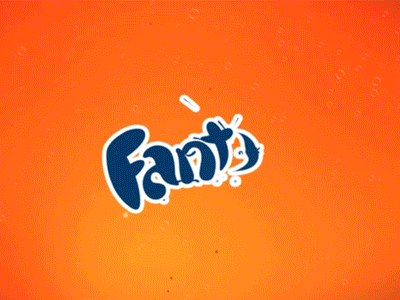Facts about Nestle Water: Should we really consume it ?
Nestle is one of the world's largest food and beverage companies, and one of its most popular products is bottled water. Nestle water is sold under various brand names, including Perrier, Poland Spring, Arrowhead, and Deer Park, among others. Despite its widespread popularity, there are some concerns about the quality and environmental impact of Nestle water. In this article, we'll explore some of the facts about Nestle water and whether or not we should really consume it.
- Quality of Nestle Water
One of the primary concerns about Nestle water is its quality. According to a report by the Environmental Working Group (EWG), Nestle's Pure Life brand of bottled water contains several contaminants that exceed state and industry health guidelines. Specifically, the report found that Nestle Pure Life contained high levels of arsenic, which can cause cancer and other health problems. The report also found that the water contained high levels of disinfection byproducts, which are linked to cancer and reproductive problems.
However, it's worth noting that Nestle has disputed the findings of the EWG report. In a statement, the company said that its products meet or exceed all applicable federal and state standards for bottled water.
- Environmental Impact of Nestle Water
Another concern about Nestle water is its environmental impact. Nestle has been criticized for its use of natural resources, particularly in areas where water is scarce. For example, the company has faced criticism for its operations in California, where it has continued to extract water during drought conditions.
In addition, Nestle's use of plastic packaging has come under scrutiny. The company has been accused of contributing to the global plastic pollution problem, as many of its plastic bottles end up in landfills or the ocean.
- Alternatives to Nestle Water
If you're concerned about the quality or environmental impact of Nestle water, there are several alternatives you can consider. One option is to switch to a different brand of bottled water that has a better environmental track record. Some examples include Boxed Water, which uses sustainable packaging, and JUST Water, which is made from renewable resources.
Another option is to switch to a reusable water bottle and fill it up with tap water. Tap water is generally safe to drink in the United States, and using a reusable water bottle can help reduce your environmental impact.
- Conclusion
In conclusion, there are some concerns about the quality and environmental impact of Nestle water. While the company has disputed some of these concerns, it's worth considering alternatives if you're concerned about these issues. By switching to a different brand of bottled water or using a reusable water bottle, you can reduce your environmental impact and potentially improve the quality of the water you drink.
- Sources:

- Environmental Working Group. (2019). Bottled Water Scorecard. Retrieved from https://www.ewg.org/research/ewgs-bottled-water-scorecard-2019/
- Nestle. (n.d.). Water Quality. Retrieved from https://www.nestle-waters.com/quality/water-quality
- The Guardian. (2018). Nestlé says it can solve the water crisis - time to believe?. Retrieved from https://www.theguardian.com/sustainable-business/2018/mar/20/nestle-says-it-can-solve-the-water-crisis-time-to-believe
- National Geographic. (2019). Your bottled water is probably contaminated with tiny plastic particles. Retrieved from https://www.nationalgeographic.com/environment/2019/09/microplastics-in-bottled-water-are-probably-pervasive/




Comments
Post a Comment